Clean Energy Garners Praise But Big Gas Doubles Down in Regional Electricity Forum
While Big Gas is still trying to peddle its climate-damaging products, regional officials seem poised to recognize the power of solar and wind energy.
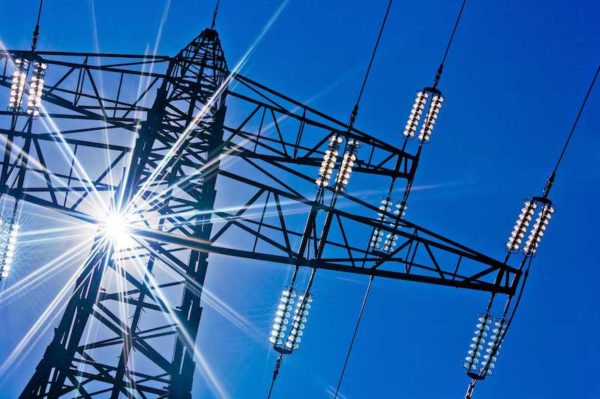
While Big Gas is still trying to peddle its climate-damaging products, regional officials seem poised to recognize the power of solar and wind energy.

Winter snow and ice bring out Big Gas’s fearmongers. Why is the region’s electric grid operator among them?

Gas stoves, which use dirty fossil fuels, put our health and environment at risk by releasing toxic gasses into the air and atmosphere.

In our new report, we lay out how Massachusetts can move away from dirty gas for home heating and towards a clean future. We also offer a framework for other New England states to start kicking gas to the curb.
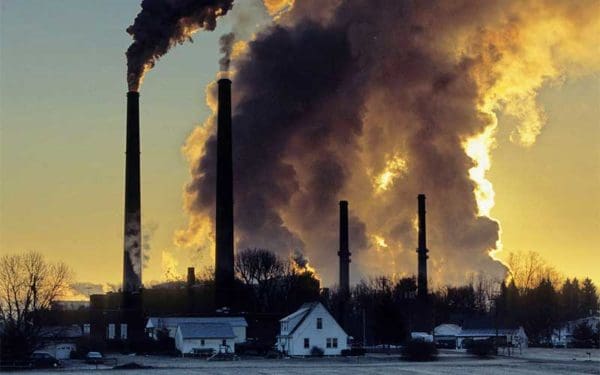
Nearly half of all homes in Massachusetts rely on gas for heating, which contributes significantly to the state’s greenhouse gas emissions. Ending this reliance on a climate-damaging fossil fuel could take decades. That’s why the work must start now, especially if the Commonwealth is going to meet its 2050 targets for cutting its overall carbon emissions.

Two years after gas explosions rocked the Merrimack Valley, Lawrence is still fighting to ensure the health, safety, and wellbeing of its residents. And in fighting for Lawrence’s recovery, we can protect communities across the Commonwealth, too.
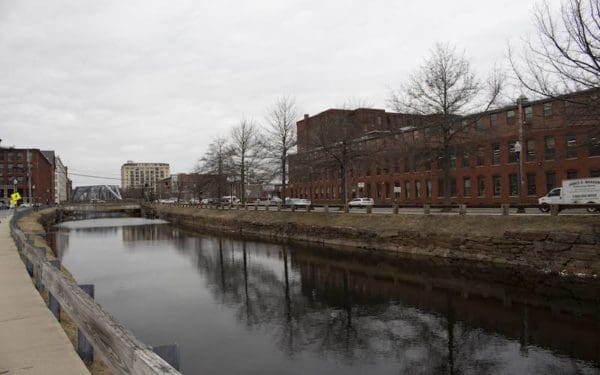
“Almost two years later, Merrimack Valley residents and businesses are still recovering from the gas explosions. It is only appropriate that Columbia Gas cease operations in the state,” said Amy Laura Cahn, Director of CLF’s Healthy Communities and Environmental Justice program. “With over a billion dollars changing hands in the sale of Columbia Gas to Eversource, a significant portion of those resources should go to providing energy savings to residents and making the communities who suffered most safer and more resilient.”
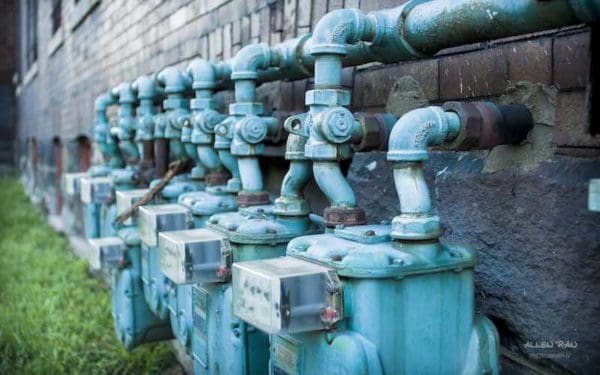
Exactly a year ago, as families prepared for a brutal winter night, National Grid cut gas service to more than 7,000 customers on Aquidneck Island. With another New England winter upon us, it’s also worth noting that Rhode Island could avoid these types of emergencies entirely by switching from fossil fuels like gas to clean alternatives powered by solar and wind.
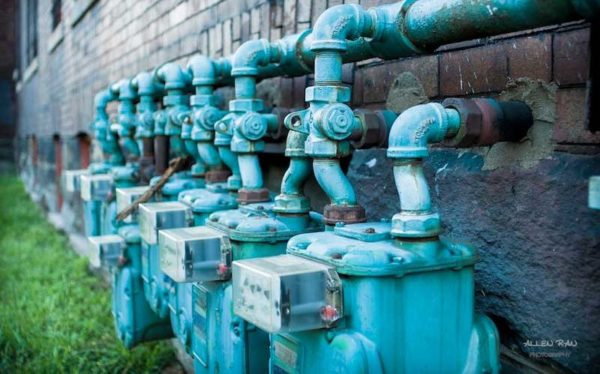
Winter snow and ice bring out Big Gas’s fearmongers. Why is the region’s electric grid operator among them?

Fracked gas was once considered part of a lower-carbon future. But this volatile, dangerous, and polluting fossil fuel now needs to be shown the door. Thankfully, as New England’s growing investment in cleaner energy ramps up, this transition is becoming easier. But standing in its way are the last gasps of the dirty fossil fuel industry. And they are not going quietly.
